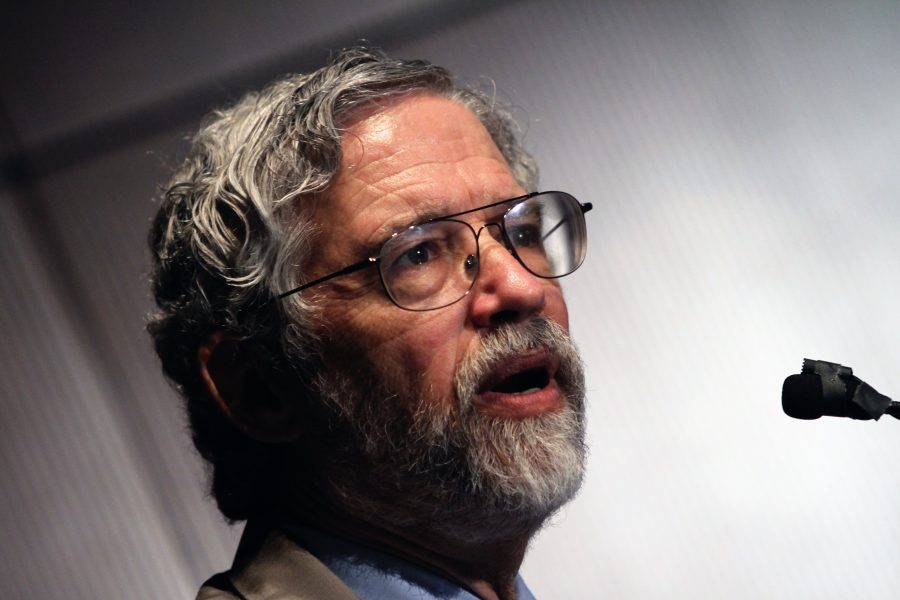President Obama’s senior science and technology advisor John Holdren delivered the annual Herb York Memorial Lecture this past Monday at UCSD’s Sanford Consortium on how science and engineering policy has developed under the Obama administration.
UCSD hosted the lecture in honor of Herbert York — the university’s first chancellor, an advisor to five different presidents and the founder of the Institute of Global Conflict and Cooperation. The IGCC aims to unite social science and lab science disciplines to work together on pressing issues such as nuclear proliferation, national security and climate change.
Holdren’s lecture will mark the fifth in this series, which celebrates his philosophy of nonproliferation and international cooperation. His talk, titled “Science and Engineering for the Public Good: Priorities, Policies and Partnerships in the Obama Administration,” was an overview of science and engineering in public policy.
He explained the current state of science and technology policy, those areas the national administration is working to influence through its many programs and goals for the future. Holdren especially highlighted the level of engagement which the current administration aims to have within the wider science and technology community.
“[President Obama] does more meet and greets [in the Oval Office] for scientists, engineers and science teachers than he does for sports teams,” Holdren told the audience. “[Obama] was the first president to say, ‘If I’m going to meet the Super Bowl champions, I’m also going to meet the young science champions.’”
Holdren touched on an array of topics, including the economy, public health, the environment, national and homeland security, international relations and STEM education programs. He also emphasized the importance of social science research as a way to gain more insight into how the results of scientific advancement actually function in society.
“Inexplicably, [we are] having trouble with some members of Congress who don’t think basic research is something the federal government should be investing in,” Holdren said. “They particularly seem to hate research in social science [and are] blind to the enormous advances in our understanding the effectiveness of our institutions that have come from research in social science.”
Among the audience members was Gary Cottrel, Director of UCSD’s Science of Learning Center and a professor from the Jacobs School of Engineering. He commented on the low levels of reading improvement among American students.
“There’s been a flatline in reading improvement over the past 10, 20 years,” Cottrel said. “So, how are we going to improve learning for our students?”
Holdren’s reply was that STEM is part of a greater initiative to improve U.S. education.
“Reading improvement is important and is not explicitly a part of our STEM ed initiative, and STEM ed is certainly not the whole ballgame,” Holdren replied. “I’m certainly prepared to believe that reading needs so much improvement because writing needs so much improvement. I’d love to see us do more in that domain.”








